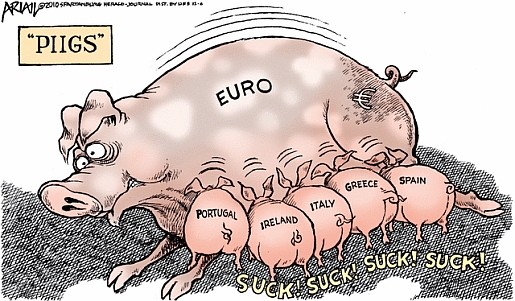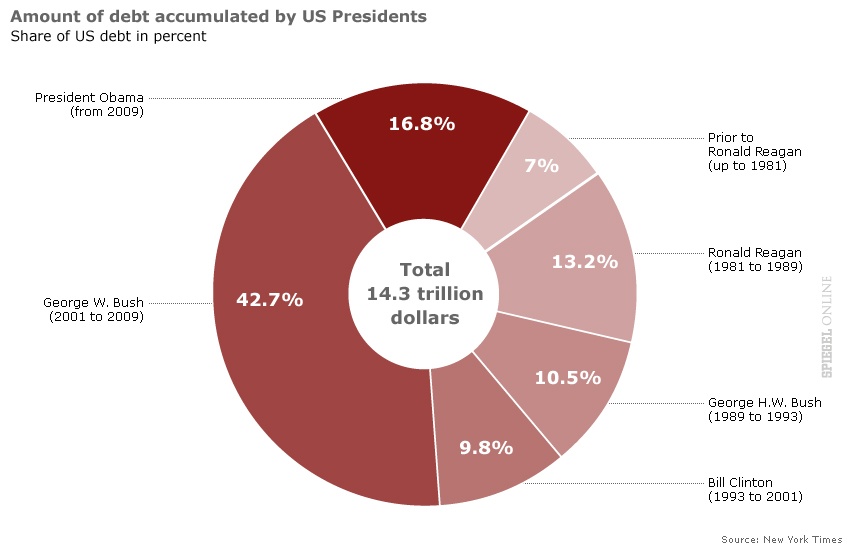Pursuit Dynamics (PDX) is a British company developing innovative atomisation and reactor technologies. The technology is in the early stages of commercialization and the company expects to be cash-flow neutral by the end of the current year. Before I share some thoughts on the share price and its movement I will post a good overview of the technology the company is developing. The original text was posted on
HERE.
WHAT IS PDX ?
Imagine its 1920 and you have just invented and patented the electric motor.
All around you are industries and devices run by steam engines and internal combustion engines water power and so on - you know and they know that electric motors will do the job so much better. So off you go on the monumental task of getting them to change - you know they will but it wont be overnight - and where do you start.
Of course PDX do not make electric motors but
Now imagine its 2005 and you have discovered a new way of heating liquids. And at the same time and in the same way a new way of mixing liquids. Both are several factors more efficient than the methods currently used by numerous industries. And you also discover that using the same system you can cover surfaces with a liquid much more efficiently and with far less liquid than any other method.
Now imagine that amazingly the system that does all this has no moving parts.
So off you go on the monumental task of getting them to change - you know they will but it wont be overnight - and where do you start.
That is the task facing PDX.
WHAT EXACTLY DOES THE PDX SYSTEM DO ?
The tech itself is simple and easy to understand
Using a gas and a liquid sent simultaneously through a patented "reactor" the pdx system divides liquids into smaller particles or drops than any other known method - up to 100 times smaller.
1. HEATING: The more you divide a given volume of liquid into separate drops the more surface area you expose. The more surface area you expose the more efficiently you can heat the liquid. Remember we have 100 times more surface area exposed than the nearest competitor. So to heat a liquid you pass it through the pdx reactor together with superheated steam as the gas. Much more of the heat is transferred from the steam to the liquid than by any other method. Including the effort of heating the steam it is about twice as efficient as any other method of heating liquids - so you save half the cost.
The reverse is true too. In the case of fire fighting the heat is transferred into the finely divided liquid to cool the fire. Again it is much more efficient than any other method.
2. MIXING: To use the PDX to mix liquids [or sludges or creams] you pass the different liquids through single or multiple pdx reactors into the same vessel. The pdx causes the liquids to move at supersonic speeds and the tiny drops swirl about inside the vessel and mix and settle as the mixed item. Using superheated steam as the gas element the liquids can be heated at the same time as they are mixed. Compare that to heating a vessel externally while mixing paddles turn the brew round to mix it. That is why people pay £400,000 for a pdx food mixer.
Food is not the only industry where efficient mixing and heating is important. Processes such as ethanol production and extracting gas from waste products, brewing and making household creams such as toothpaste and hand creams rely heavily on mixing and heating processes. PDX can do them more efficiently and so at less cost. Where heating and mixing processes are used to extract products PDX is able to extract more from a given quantity than any other method. Such as extracting sugar from corn to make ethanol.
3. COVERING SURFACES: Because the drops produced are so fine, the mixture coming out of the PDX reactor acts like a gas. But it is really a liquid in tiny drops. Because it comes out of the reactor so fast and so turbulently it covers every surface in an enclosed space, such as a hospital ward, no matter how small the surface and whatever its orientation. Under chairs and shelves, into crevices and inaccessible places the droplets go and cover the surface. Hence PDX can be used in decontamination, both medical and nuclear. It is more efficient and effective than any other method , evenly covering surfaces while using far far less chemicals than other systems. The surface covering can be made to be so fine that the surface does not appear to be wet and needs no after cleaning
Eventually painting and coating applications will also use this feature.
4. SPECIAL APPLICATIONS: Because the droplets are so small [almost down to one hundredth of the width of a human hair] they do other interesting things as well but these are more technical and specific [starch swelling, pharma applications, easier desalination of water etc]
All this is achieved at relatively low pressures of less than 3 bar. There is no need for expensive high pressure pipes, lines, containment vessels etc. The gas element of the system can be steam, air, nitrogen whatever depending on the application. The "mist" coming from the reactor reaches supersonic speed and is propelled a long distance in fire fighting, decontamination and similar applications.
And the system has no moving parts.
--------------------------------------------------------------------------------------
SO HOW DO THEY MAKE THE DROPLETS SO SMALL ?
What is the "reactor"
Imagine two oval pipes one inside the other with a fine gap between them - the shape of the end of the pipes is such that the fine opening is angled towards the centre
The liquid is sent through the fine gap between the pipes and the gas comes down the middle pipe - the very thin sheet of liquid is directed into the gas flow by the shape of the opening - the thin of sheet of liquid is hit by the gas and it fragments into the tiny droplets
The exact angles, speed, size of the openings, pressures and so on are critical
That essentially is it - simple - cheap and easy to make - patented - and incredibly effective.
____________________________________________________________________
All of this is comprehensively protected by more than 60 different patents.
Check the company's
website to see how how these features are being applied
The PDX system is not as some have claimed just too good to be true.
Too many large and famous companies and organisations are using it , trying it, forming joint ventures with PDX and so on. They include P and G, Pepsi, SAB Miller, Premier Foods, Kaercher, National Nuclear Laboratories, Heineken , Marquis Ethanol and many others.
And too many very serious people, scientists and executives who are leaders in their fields, have joined the company.
SHARE PRICE ACTION
Pursuit Dynamics is listed in London Stock Exchange under a ticker PDX.
Bloomberg. Its share price has gone all the way up to 700 pence in the end of last year and has come down all the way to 180 pence where it is today. The move in the share price in the end of the last year was initiated by company's statement that they have begun testing PDX's technology together with Procter & Gamble. These tests are still ongoing today and should reach some sort of commercial agreement in near future. The share price has come down significantly since its highs last year. The reason for falling has been Simon Cawkwell's (stock market commentator and investor known as Evil Knievil) statement that he will start shorting PDX's shares since the company is massively overvalued. He initially set a target price of near 1 pound compared to 7 that the price was back then. As can be seen the price came quickly down to 4 pounds a share and it stayed in that region for a while. The next major cause for the fall was Evil Knievil's comment again regarding one of the first commercial customers of PDX, Pacific Ethanol. EK said that Pacific Ethanol will go bankrupt and so will PDX. This was obviously an overstatement but since EK is given credit for his thoughts the share price went down over 20% that day. Pacific Ethanol is about to report profit in November, at least corn and ethanol prices point that way.

So currently PDX's shares are about 180 pence. This gives PDX a market cap of 130 million GBP. They would have to make around 10 million GBP a year to justify this market cap if they were a company with stable cash flow and non-existant growth. The story is different here. The company is currently in trial or commercial phases in many global markets like water treatment, bioenergy, brewing and food production, fire suppression, nuclear contamination etc. Check their
website for further information.
In addition to a good growth story the company already posesses a strong position in ethanol production market in the US. Their outlook for their technology usage is 2 billion gallons of ethanol next year. With 2-4 cents a gallon (their first level solution) for PDX this makes a hefty 40-80 million USD a year. Some of the companies using PDX's technology are already moving to different production modes earning PDX from 4 to 8 cents a gallon. Let it be clearly stated here once more. These are only revenues from their corn ethanol line of activity. With their yearly 10 million GBP cost package the company will probably make a nice profit next year and the valuation of the company should be not less than 500 million GBP. Once an ethanol company has purchased PDX's technology they will pay a license fee as long as they produce ethanol. The royalties from their business can only grow.
We will get a more clear outlook in November when the company announces their results for period April-September. It is expected that they will report revenues in the range of 1,5 million GBP. Major brokers and institutional investors have set target prices from 7 to 20 pounds.
Disclaimer: I am a shareholder of the company and will remain so until the potential of the company will be recognized by the market and its technology gets fully commercialized and appreciated.








































